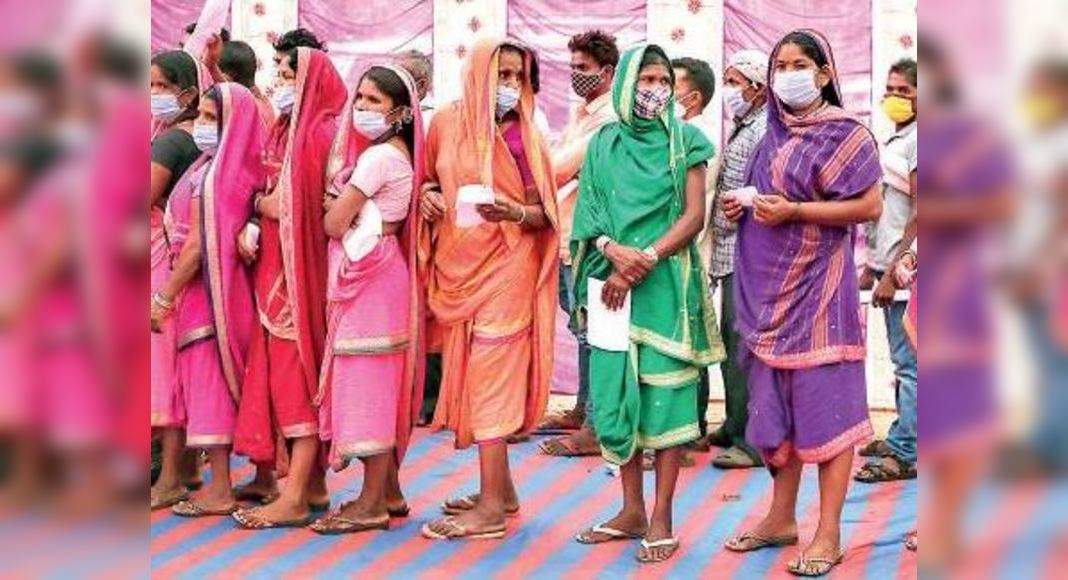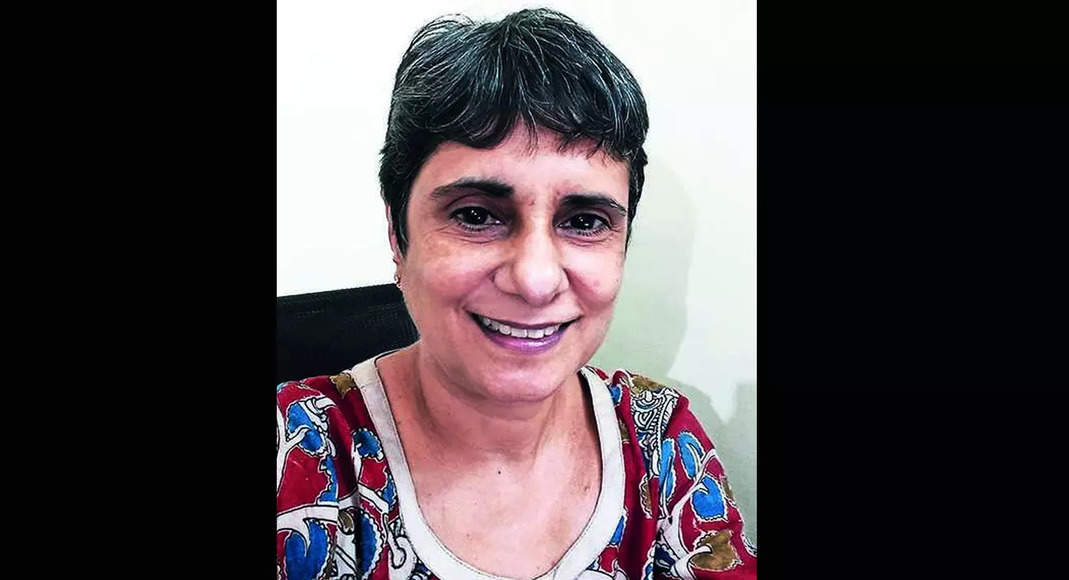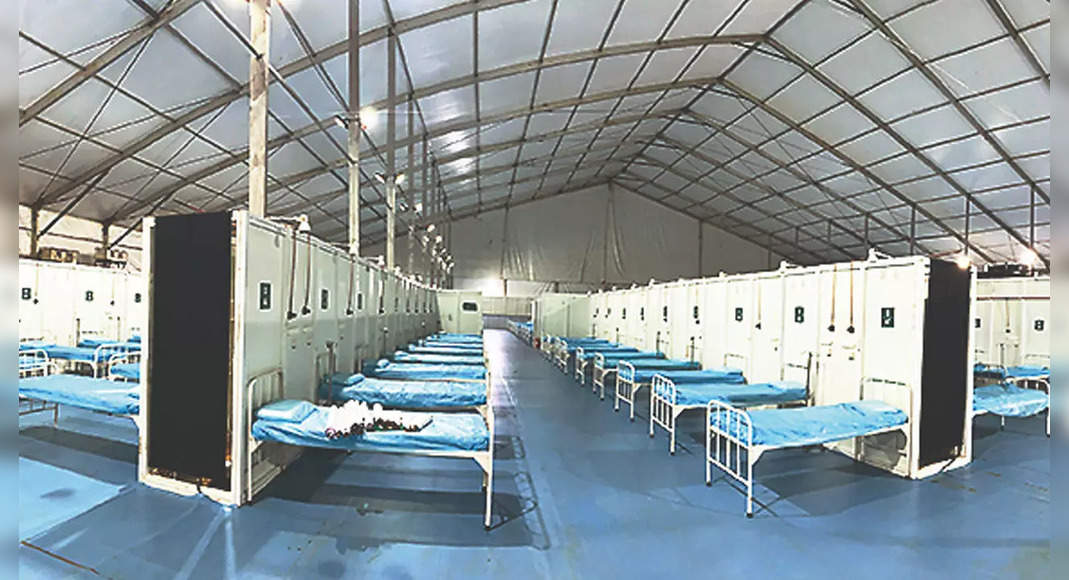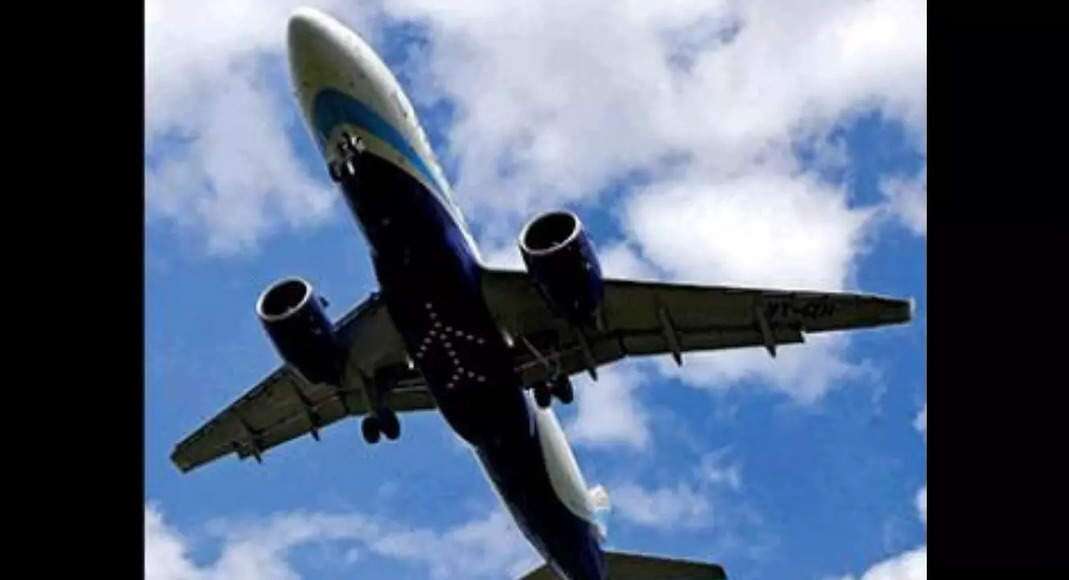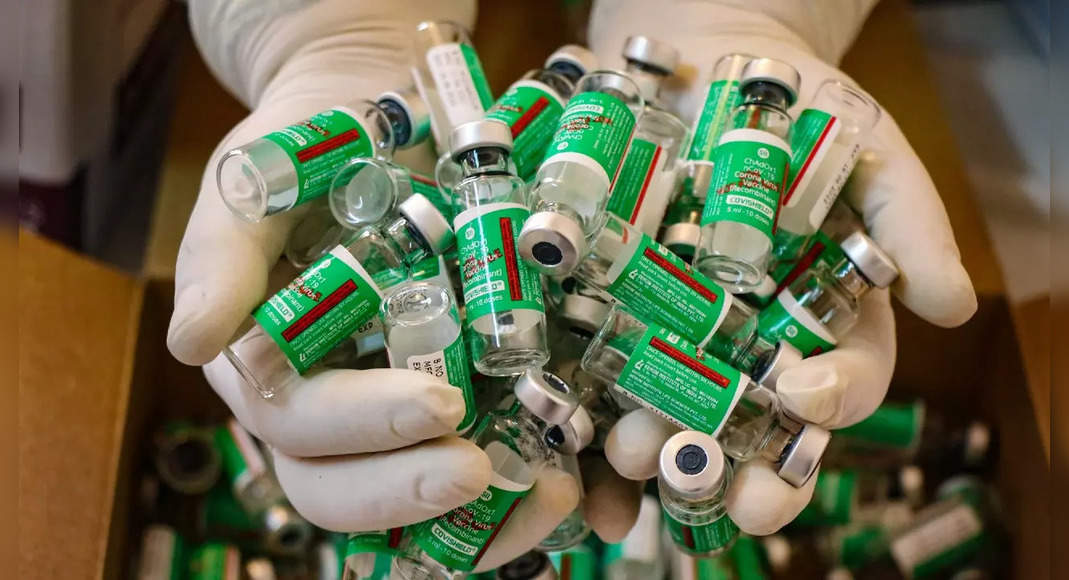NASHIK: Vaccine hesitancy in the rural parts of north Maharashtra, especially the tribal dominated Nandurbar district, has added an additional layer of difficulty to the challenge of inoculation in the remotest of places.
The officials are now trying to spread awareness, recruit local Unicef workers and convince women in the tribal areas to get inoculated, so that they can then encourage their family members and associates to get the jabs.
Vaccination camps in remote villages — like in the Akkalkuwa taluka of Nandurbar — are turning the tide.
Preparations start 3-4 days prior to the camps and ASHA and Anganwadi workers, along with local Unicef members and ZP teachers, go door to door to spread awareness.
“We started coordinating with Unicef members who are from tribal communities and things then started turning around,” Akkalkuwa tehsildar.
Ramji Rathore said.
“Real awareness started when we went off the road and reached isolated houses,” said Jitendra Valvi, Unicef coordinator from Kathi village.
Valvi, along with three other members, has helped health officials conduct 16 camps in hamlets in the Satpura region, where 5,342 people have been vaccinated so far.
Some of these villages are over 300km from Nashik.
Leena Bansod, Nashik Zilla ZP chief executive officer, said the emphasis would now be on vaccination of the women members of the self-help groups in the tribal areas.

